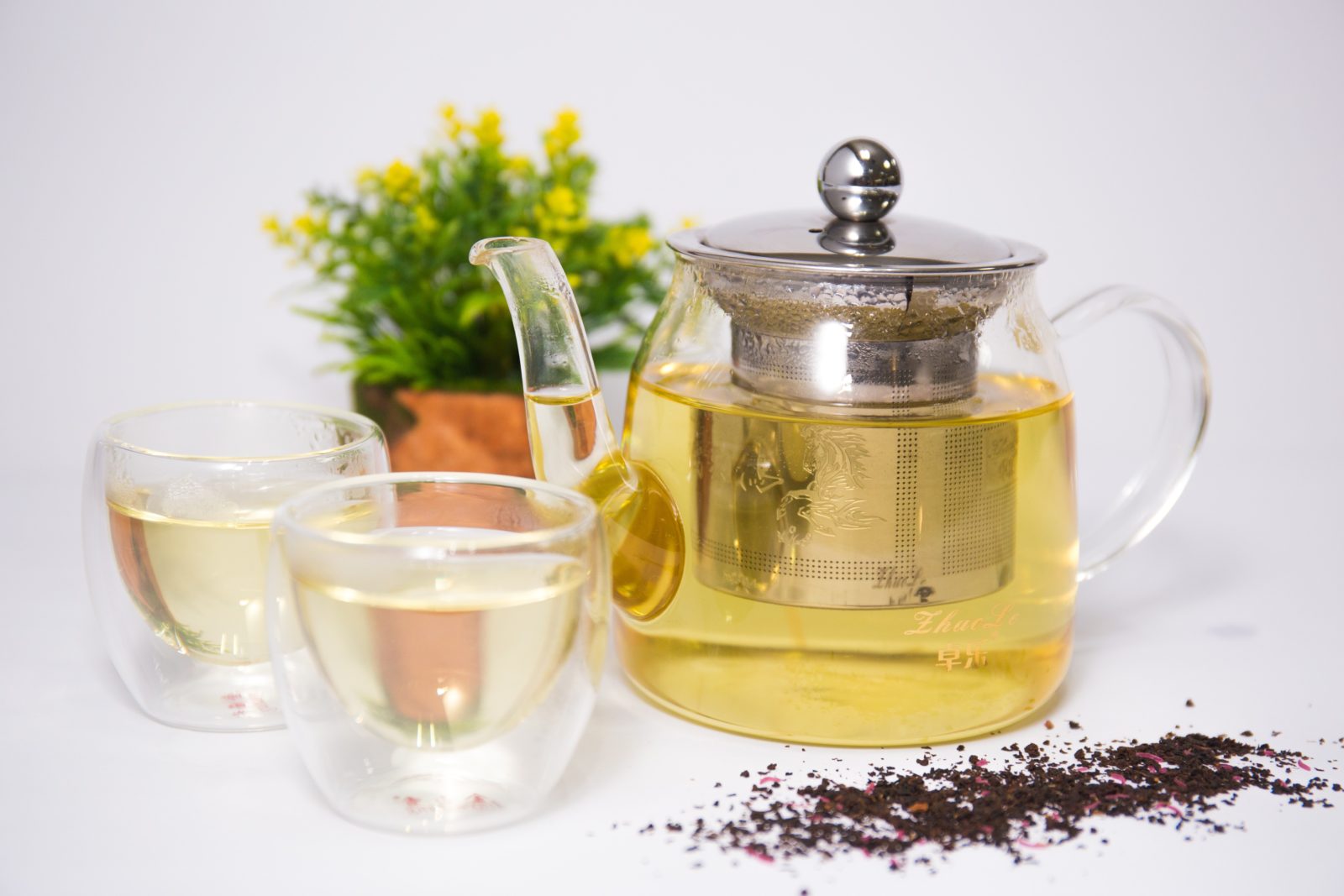Next to water, tea is the second most-consumed drink in the world. However, tea is a somewhat broad term for a wide range of drinks, including white tea, green tea, and black tea. They’re both aromatic and wholly natural, and this has sparked a debate about which of them is better for consumption.
Green Tea vs. White Tea: Processing
Both tea types come from the same tea plant, Camellia Sinensis, but their processing methods differ. White tea leaves are harvested at a younger age than green tea leaves. Green tea is dried in the shadow and then steamed while white tea is first withered under direct sunlight and followed by indoor withering.
Green Tea vs. White Tea: Nutrient composition
Both types of tea have the same nutrient composition since their leaves come from the same plant. They’re both rich in Vitamin B2, C, D, and K. Both types of tea also contain a significant amount of antioxidants.
Green Tea vs. White Tea: Caffeine Content
While both tea types contain caffeine, it is generally believed that green tea contains more amounts of caffeine. Green tea contains around 20g of caffeine, while white tea contains around 15g.
Green Tea vs. White Tea: Which should you drink?
As you can see, both types of tea are alike in a number of ways. However, green tea is more popular because it is readily available than white tea. Rather than try figuring which is better, your goal should be picking out the type of tea with the taste and flavor you like. However, if you must choose based on nutritional content, white tea is the winner here.
Both variants of tea come from the same plant and offer similar nutrients. Whether you’re buying white tea or green tea, we recommend you choose organic since the tea plant easily absorbs fluoride from pesticides.
